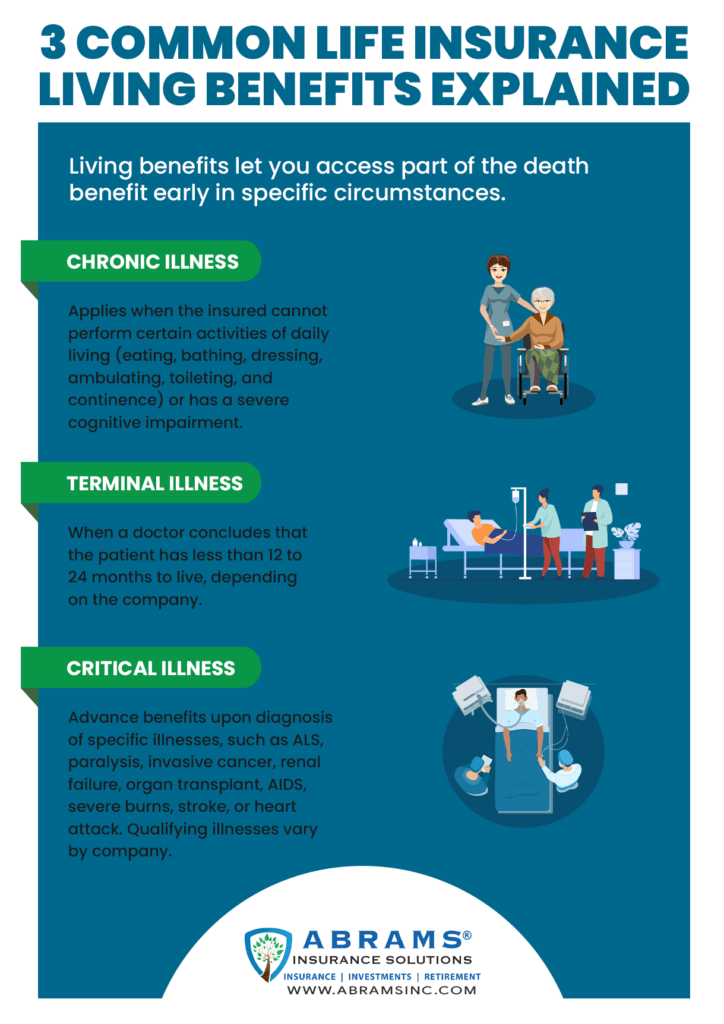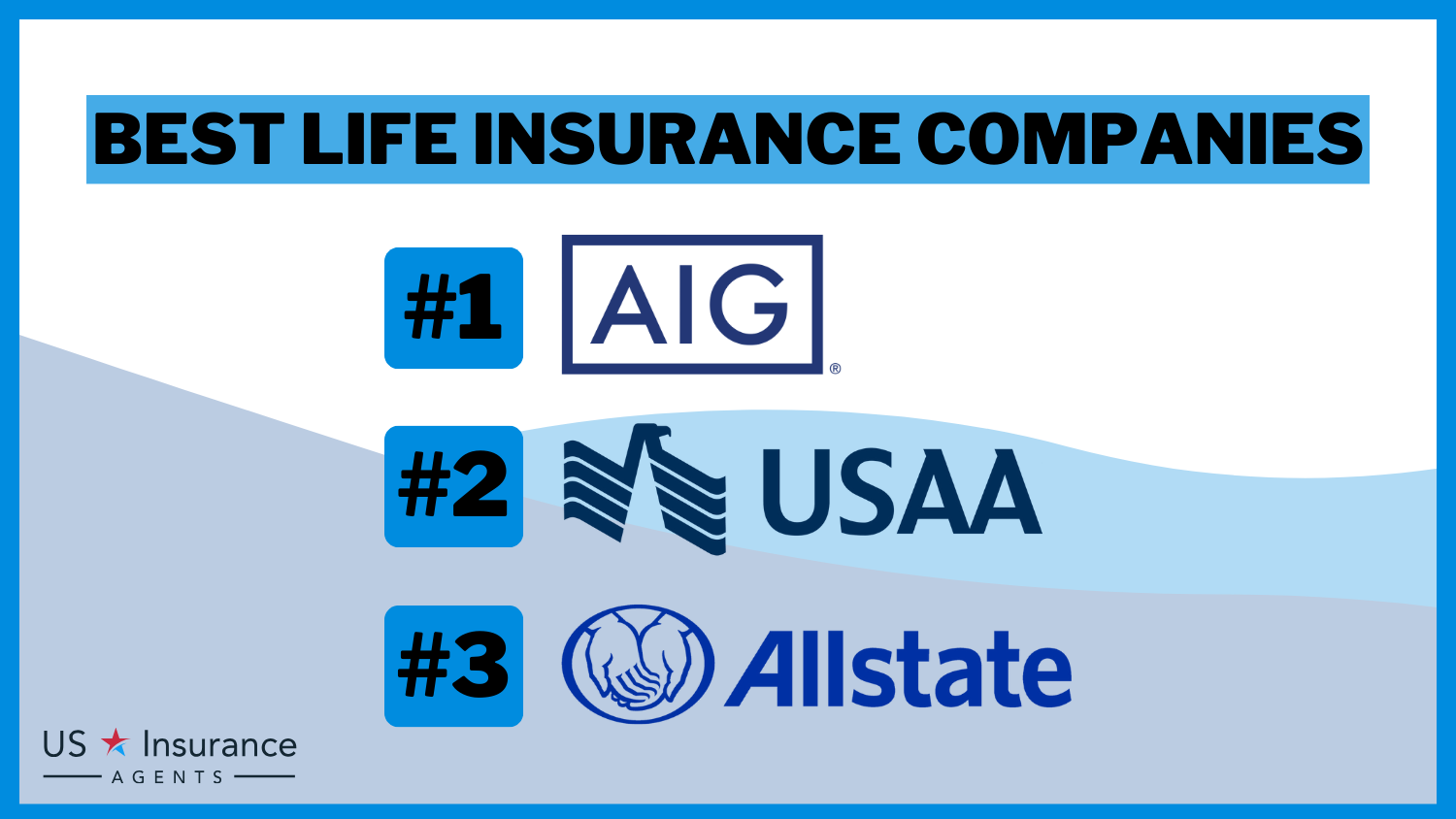What to Do After a Car Accident
Being the victim of a car accident can be a traumatic and confusing experience. In the aftermath of a collision, it’s crucial to take the necessary steps to ensure your safety, well-being, and legal rights. Here’s a comprehensive guide on what to do after a car accident:
Get Medical Attention Immediately, Even if You Feel Fine
After a car accident, the adrenaline rush can mask underlying injuries. Even if you don’t feel any pain or discomfort, it’s essential to seek medical attention promptly. Injuries such as whiplash, internal bleeding, or concussions can take hours or even days to manifest. By getting checked out by a medical professional, you can rule out any hidden injuries and receive appropriate treatment.
It’s not uncommon for people to feel fine after an accident and then experience pain or discomfort later on. This is because adrenaline levels can decrease over time, allowing injuries to become more noticeable. Moreover, some injuries, such as whiplash, may not present themselves immediately but can develop into serious problems if left untreated.
By seeking medical attention right away, you’re taking an important step towards protecting your health and ensuring that any potential injuries are properly diagnosed and treated. Remember, it’s always better to be safe than sorry when it comes to your health.
Victim of a Car Accident? Here’s What You Need to Know
Being involved in a car accident can be a traumatic and confusing experience. If you’ve been injured, it’s critical to know your rights and take the necessary steps to protect yourself. Here’s a comprehensive guide to help you navigate the aftermath of a car accident.
Contact the Police
Immediately after the accident, it’s crucial to call the police. Filing a police report will provide an official record of the incident, including details like the time, location, and circumstances of the crash. The report will also include the names and contact information of all parties involved. This documentation is essential for insurance purposes and any potential legal proceedings.
Document the Accident
In addition to calling the police, it’s important to gather as much evidence as possible at the scene of the accident. Take pictures of the damage to your vehicle and any other vehicles involved. If there are any witnesses, get their names and contact information. Note down any details you can remember about the accident, such as the other driver’s behavior or any unusual road conditions. This information will be valuable when you’re filing an insurance claim or seeking legal advice.
Seek Medical Attention
Even if you don’t feel injured immediately after the accident, it’s essential to seek medical attention as soon as possible. Some injuries, such as whiplash, may not manifest themselves until hours or even days later. A medical examination will ensure that you receive proper treatment and documentation of your injuries.
Notify Your Insurance Company
Promptly report the accident to your insurance company. They will guide you through the process of filing a claim and obtaining compensation for your damages. Be sure to provide your insurance company with all the relevant documentation, including the police report, medical records, and any evidence you collected at the scene of the accident.
Protect Your Legal Rights
If you’ve been seriously injured in a car accident, it’s advisable to consider consulting with a personal injury attorney. An attorney can help you understand your legal rights, negotiate with the insurance companies, and represent you in court if necessary.
Additional Tips
– Stay calm and collected after the accident. It’s understandable to be shaken up, but try to remain focused and gather as much information as possible.
– Don’t admit fault at the scene of the accident. Even if you believe you may be partially responsible, it’s important to let the police and insurance companies investigate before making any statements.
– Keep a journal to document your injuries, symptoms, and recovery progress. This information can be helpful for your medical records and any potential legal proceedings.
– Don’t hesitate to seek support from family, friends, or a therapist. Being involved in a car accident can be a traumatic experience, and it’s important to have people around you who can provide emotional support and encouragement.
Car Accident Injuries: Pain, Paperwork, and the Pursuit of Justice
As a victim of a car accident, you’re likely reeling from physical pain, mounting medical bills, and the stress of dealing with insurance companies and lawyers. But amidst the chaos, it’s crucial to take steps to protect your rights and ensure fair compensation for your injuries.
Gather Evidence
The aftermath of a car accident is a whirlwind of confusion and distress. However, it’s imperative to gather as much evidence as possible while the scene is still fresh. Take pictures of the accident scene, capturing the damage to your vehicle, the other vehicles involved, and any visible injuries you may have sustained. Exchange contact information with any witnesses and get a copy of the police report.
Beyond the immediate aftermath, continue to document your recovery. Keep a journal of your pain, suffering, and any limitations your injuries impose on your daily life. This will provide valuable evidence of the extent of your damages.
Your medical records will serve as a comprehensive account of your injuries and treatment. Request copies of all medical bills, doctor’s notes, and prescriptions related to the accident. These documents will not only support your claims but also help you keep track of your expenses.
Photos of your injuries can be a powerful tool in demonstrating the severity of your pain and suffering. They can also help you later on if you need to challenge any insurance denials.
Witness statements can corroborate your account of the accident and provide an independent perspective. If you have any witnesses, be sure to get their contact information and written statements as soon as possible.
The police report will contain important details about the accident, such as the date, time, location, and the names of the drivers involved. It is an essential piece of evidence and should be obtained promptly.
By gathering this evidence, you’re not only building a strong case for compensation but also protecting yourself from potential disputes down the road.
Victim of a Car Accident? Here’s What You Need to Know
Being involved in a car accident can be a traumatic experience. Not only do you have to deal with the physical and emotional pain, but you also have to navigate the legal system. If you’ve been the victim of a car accident, it’s important to know your rights and what steps to take to protect yourself.
Get Legal Help
One of the most important things you can do after a car accident is to consult with an attorney who specializes in car accident cases. An attorney can help you navigate the legal system, protect your rights, and get you the compensation you deserve. They can also help you understand your options and make informed decisions about your case.
Document the Accident
It’s important to document the accident as thoroughly as possible. This includes taking pictures of the damage to your vehicle and the other vehicles involved, getting the names and contact information of any witnesses, and obtaining a copy of the police report. These records will help you prove your case and get the compensation you deserve.
Seek Medical Attention
Even if you don’t feel like you’re injured, it’s important to see a doctor after a car accident. Some injuries, such as whiplash, may not show up immediately. Seeing a doctor will ensure that you get the treatment you need and that your injuries are properly documented.
Understand Your Rights
As a victim of a car accident, you have certain rights. These include the right to compensation for your injuries, lost wages, and pain and suffering. You also have the right to file a lawsuit if the other driver was at fault. An attorney can help you understand your rights and protect them.
Don’t Get Rear-Ended by Legal Red Tape in the Aftermath of a Car Crash
If you’ve been in a car accident, you’re likely feeling overwhelmed and confused. You may be injured, your car may be damaged, and you may not know what to do next. One of the most important things you can do is to contact your insurance company to file a claim. This will help you get the compensation you need to cover your medical expenses, lost wages, and other damages. But what if you’re not sure how to file a claim? Or what if you’re worried about being taken advantage of by the insurance company? Here’s a step-by-step guide to help you through the process.
1. Contact Your Insurance Company
The first step is to contact your insurance company and report the accident. You can do this by phone, online, or in person. When you file a claim, you’ll need to provide the following information:
• Your name, address, and contact information
• Your policy number
• The date, time, and location of the accident
• The names and contact information of the other drivers involved in the accident
• A description of the damage to your car
• A list of your injuries
2. Gather Evidence
Once you’ve filed a claim, you’ll need to gather evidence to support your claim. This may include:
• Photos of the damage to your car
• Medical records documenting your injuries
• A copy of the police report
• Witness statements
3. Negotiate with the Insurance Company
Once you’ve gathered evidence, you’ll need to negotiate with the insurance company to settle your claim. This can be a challenging process, but it’s important to remember that you have the right to fair compensation. Don’t be afraid to stand up for yourself and fight for what you deserve.
4. Get Help from an Attorney
If you’re having trouble negotiating with the insurance company, you may want to consider getting help from an attorney. An attorney can help you understand your rights and negotiate a fair settlement on your behalf.
5. Know Your Rights as a Victim of a Car Accident
As a victim of a car accident, you have certain rights. These rights include:
• The right to file a claim for your injuries and damages
• The right to fair compensation
• The right to be treated with respect by the insurance company
• The right to have an attorney represent you
Don’t let the insurance company take advantage of you. Know your rights and fight for what you deserve. If you’ve been in a car accident, don’t hesitate to contact your insurance company and file a claim. The sooner you file a claim, the sooner you can start getting the compensation you need to recover from your injuries and move on with your life.
In the Aftermath of a Traumatic Collision: A Comprehensive Guide for Victims of Car Accidents
After the trauma of a car accident, victims often face an overwhelming array of physical, emotional, and legal challenges. The impact of such an event can be life-altering, leaving individuals grappling with significant pain, fear, and uncertainty. Navigating the aftermath of a car accident requires a multifaceted approach that prioritizes recovery, legal advocacy, and emotional healing.
Physical Recovery: Rebuilding and Regaining Strength
The physical toll of a car accident can range from minor injuries to life-threatening trauma. Regardless of the severity, seeking immediate medical attention is crucial. Following doctor’s orders, attending rehabilitation sessions, and adhering to prescribed treatments are essential steps towards physical recovery. Remember, the healing process takes time, so be patient and don’t rush your progress.
Emotional Healing: Processing Trauma and Finding Solace
Beyond the physical scars, car accidents often leave deep emotional wounds. The shock, fear, and guilt experienced in the aftermath can trigger a range of emotions. Allow yourself time to process the trauma, and don’t hesitate to seek professional counseling if needed. Talking to a therapist can help you understand your feelings, develop coping mechanisms, and begin the journey towards emotional healing.
Legal Advocacy: Protecting Your Rights and Seeking Justice
Victims of car accidents deserve to be fairly compensated for their losses. Consulting with an experienced attorney can help you navigate the legal complexities, file insurance claims, and pursue compensation for medical expenses, lost wages, and pain and suffering. A skilled attorney will advocate for your rights and ensure that you receive fair treatment under the law.
Insurance Matters: Understanding Coverage and Navigating Claims
Understanding your insurance coverage is crucial after a car accident. Contact your insurance company promptly to report the incident and file a claim. Be sure to gather as much evidence as possible, including police reports, medical records, and witness statements. Insurance claims can be complex, so don’t hesitate to seek guidance from an insurance professional or attorney if needed.
Rebuilding Your Life: Moving Forward After the Accident
Recovering from a car accident is not just about healing physical injuries or seeking legal justice. It’s about reclaiming your life and rebuilding your sense of well-being. This may involve making lifestyle changes, exploring new hobbies, or connecting with support groups. Remember, you are not alone in this journey. Many resources are available to help you heal, rebuild, and thrive after the trauma of a car accident.
A car accident can be a terrifying and life-altering experience. If you’ve been in a car accident, you might be feeling lost, confused, and unsure of what to do next. One of the most important things you can do after a car accident is to prevent future accidents from happening. By taking steps to identify any factors that contributed to your accident, you can help ensure that you and your loved ones stay safe on the road.
Get Legal Help
If you’ve been in a car accident, it’s important to get legal help as soon as possible. A lawyer can help you understand your rights and options, and can help you get the compensation you deserve. There are many different types of lawyers who can help you with your car accident case. It’s important to find a lawyer who has experience handling car accident cases and who you feel comfortable working with.
Document the Accident
One of the most important things you can do after a car accident is to document the accident. This includes taking pictures of the accident scene, getting the names and contact information of any witnesses, and keeping a record of all your medical expenses. This information will be helpful if you need to file an insurance claim or a lawsuit.
Report the Accident
It’s important to report the accident to the police, even if it’s a minor accident. The police report will provide an official record of the accident and can be helpful if you need to file an insurance claim or a lawsuit.
Seek Medical Attention
Even if you don’t feel like you’ve been injured, it’s important to seek medical attention after a car accident. Some injuries, such as whiplash, may not be immediately apparent. By getting medical attention, you can rule out any serious injuries and get the treatment you need.
Preventing Future Accidents
Once you’ve recovered from your injuries, it’s important to take steps to prevent future accidents from happening. This includes:
- Identifying any factors that contributed to the accident.
This could include things like speeding, driving while intoxicated, or driving in bad weather. Once you know what factors contributed to the accident, you can take steps to avoid those factors in the future. - Taking a defensive driving course.
These courses can teach you how to avoid accidents and how to react if you’re in an accident. - Getting regular car maintenance.
Regular car maintenance can help prevent accidents by ensuring that your car is in good working condition. This includes things like getting your tires rotated and balanced, getting your brakes checked, and getting your oil changed. - Avoiding distractions while driving.
Distractions are one of the leading causes of car accidents. Avoid talking on your cell phone, texting, or eating while driving. Instead, focus on the road and on getting to your destination safely. - Being aware of your surroundings.
When you’re driving, it’s important to be aware of your surroundings. This includes paying attention to other cars, pedestrians, and cyclists. By being aware of your surroundings, you can avoid accidents by anticipating potential hazards. - Driving defensively.
Defensive driving is a technique that can help you avoid accidents by anticipating the actions of other drivers. This includes things like keeping a safe distance from other cars, being aware of blind spots, and avoiding tailgating. - Wearing your seatbelt.
Seatbelts are the most effective way to reduce the risk of serious injury or death in a car accident. Make sure you and your passengers always wear your seatbelts.




Leave a Reply